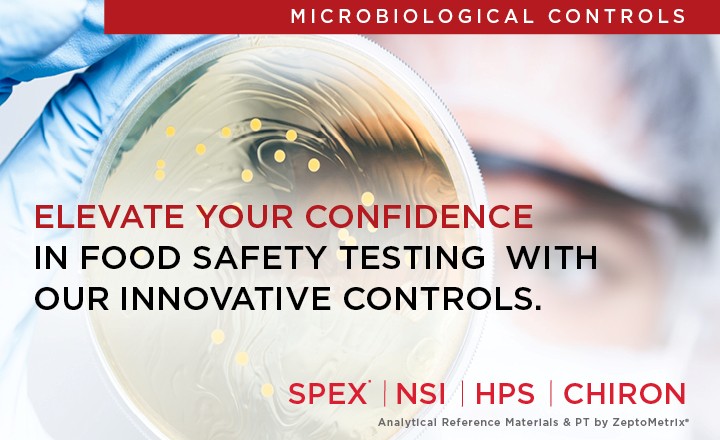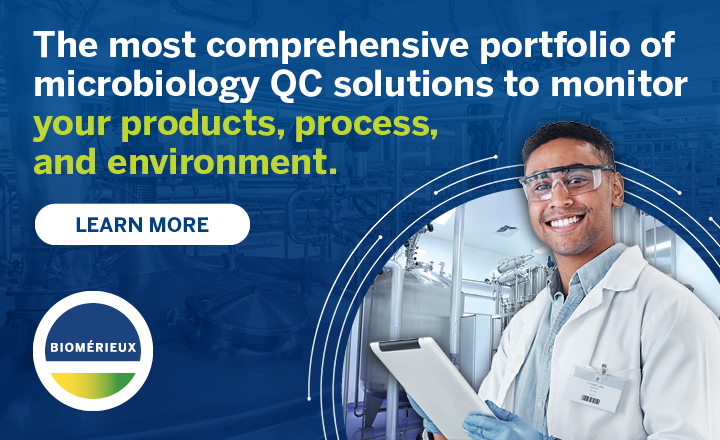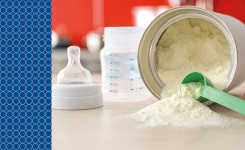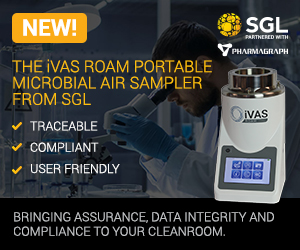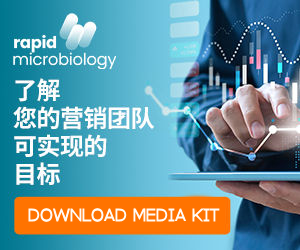Allergens are a risk for the food industry. In order to place safe products on the market, it is essential to implement an effective allergen management, covering all critical areas from product development to suppliers, manufacture and labeling. With new developments in the market, the industry has to face new challenges.
Complex supply chains
Undeclared allergens are still the main reason for product recalls. Contamination may occur during cultivation, harvest, transport and storage at wholesalers or distributors. Complex supply chains in globalized markets make it difficult to trace back the exact origin of an ingredient and to identify potential risks. In order to prevent contaminated ingredients from entering the production, all incoming goods should be tested. Contractual arrangements with suppliers regarding allergen traces are beneficial.
Different labeling requirements
Manufacturers who want to sell their products globally, have to comply with various country-specific regulations, as the allergens subject to labeling may differ from one country to another. Except for the so-called "Big 8", which are subject to labeling in most countries, labeling requirements vary widely. For example, celery is subject to labeling only in the EU, shellfish only in Canada and buckwheat only in Japan.
Increasing analysis expenses
Gluten-, lactose-, egg- or nut-free: "free from" foods are a rising trend, leading to a growing product range. However, more allergen-free products also mean more products to be tested before being released for sale. This requires fast and efficient test systems. Besides lateral flow tests for on-site analysis, test systems which allow the simultaneous analysis of multiple parameters are increasingly in demand (e.g. the ELISA instrument ThunderBolt®).
Novel foods
The consumer likes to experiment and is increasingly opting for new superfoods such as chia seed, argan oil or basil seeds. However, novel foods may contain unknown allergens. In particular, this relates to foods made with insects which may cause allergic reactions in persons allergic to crustaceans due to cross-reactivity.
Analytical uncertainties
In addition to the established ELISA tests, further methods for allergen detection are available, e.g. real-time PCR and Lateral Flow. But how do you know that your analysis results are reliable? A decisive factor here is sampling: even the most precise test method will not provide reliable results if sampling is not representatively performed and the sample is not sufficiently homogenized. A further important aspect is to validate the method used. Certified reference material is indispensable here (e.g. the Milk Reference Materials by MoniQA). External laboratories such as Trilogy® Analytical Laboratory can support with validation.



